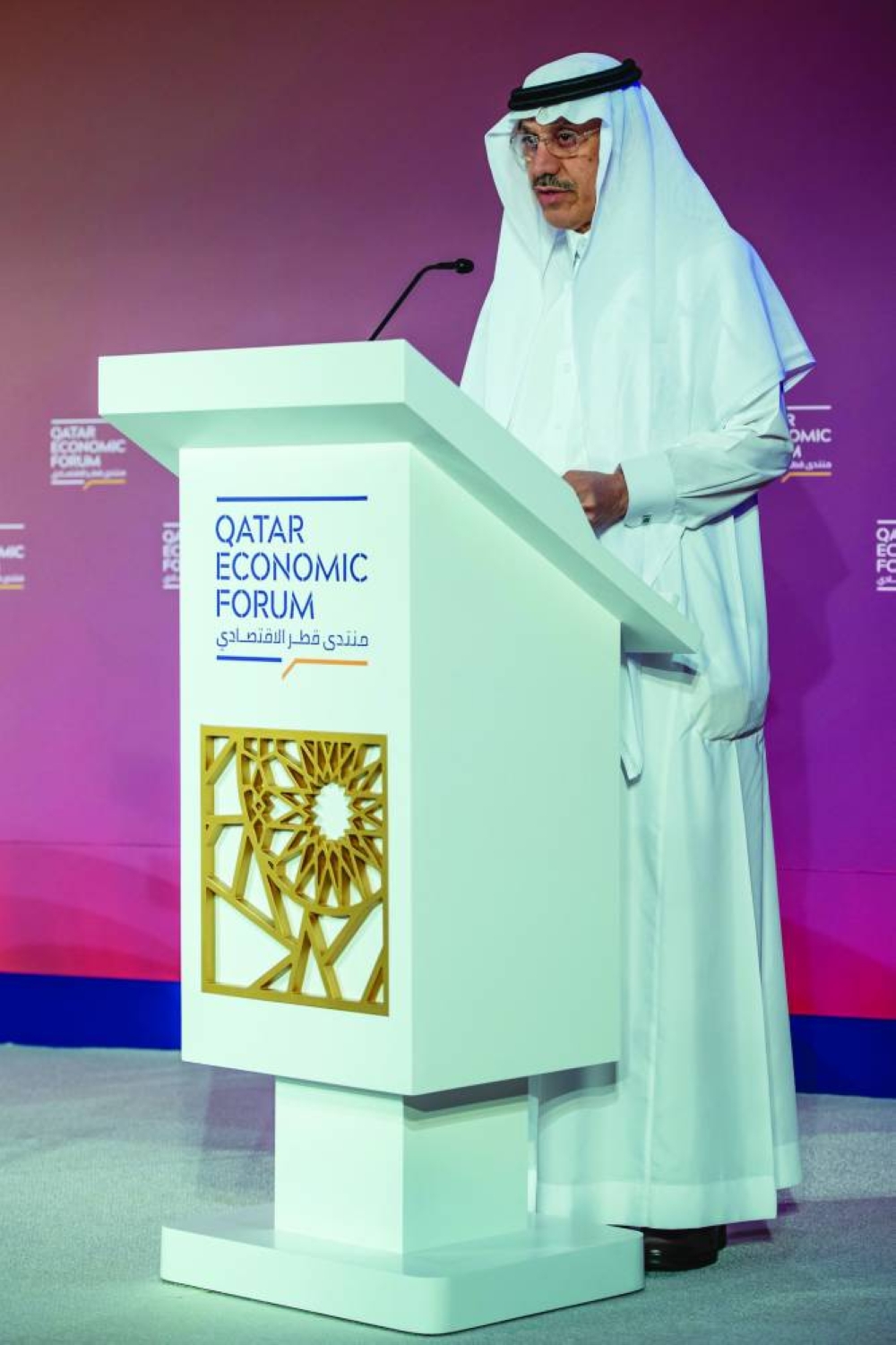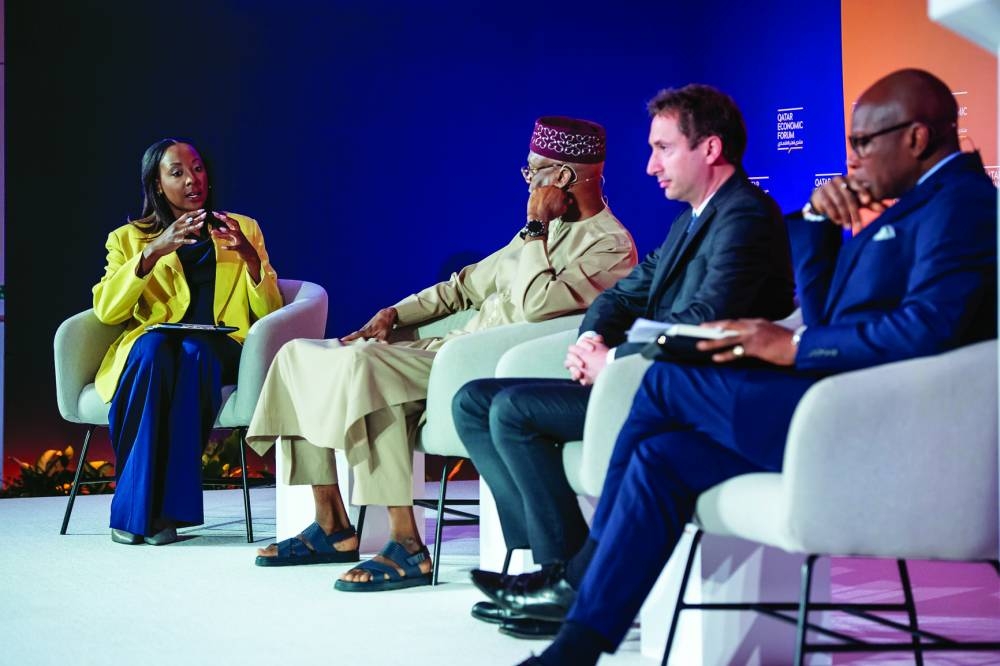The Qatar Economic Forum hosted a distinguished high-level dialogue under the theme 'Education: Funding the Future' organised by the Education Above All (EAA) Foundation in partnership with Bloomberg.
According to an official statement from EAA, the event gathered policymakers including ministers of four governments and global leaders from four development and private banks in the educational and financial fields to focus on developing innovative and sustainable financing mechanisms for education across the world.
“The high-level dialogue aimed at constructing effective frameworks to ensure the long-term sustainability of education financing by uniting efforts and creating diverse partnerships to bridge the gaps through innovative financing mechanisms. Discussions emphasised the need for increased global investment and equity in education, understanding the impacts of public debt on social sectors, and exploring innovative financing and partnerships. These are critical for enhancing policy implementation and increasing awareness,” the statement said.
Dr Mohamed Sulaiman al-Jasser, chairman of the Islamic Development Bank (IsDB), presented the keynote speech of the session, highlighting the size of the bank's investment in education by allocating large and targeted budgets to benefit member countries and others, as well as the partnership with the EAA Foundation.
Fahad al-Sulaiti, CEO of EAA Foundation, said sustainable financing models are essential for ensuring long-term success in development and education.
In the second part of the session, Minister of Education of Nigeria Tahir Mamman SAN OON, Vice President of Lazard Léonardo Puppetto and Sierra Leone Minister of Basic and Senior Secondary Education Conrad Omalikeh Sackey presented innovative solutions for financing education through developing financial and educational policies to ensure continuity of education in the face of long-term challenge.
The session was moderated by Jennifer Zabasajja, Anchor, Bloomberg Television.
Panellists tackled pathways for global education investment as well as working with international partners to further the global education investment strategy. They also highlighted the impact of public debt on education and the need for expanding areas of knowledge on this subject.
The dialogue delved into ways to encourage creative and efficient financing solutions, especially in highly indebted nations. By opening the door for continuous dialogue at both the national and global levels between decision-makers and stakeholders when formulating policies, the successful implementation of national initiatives can be ensured.
According to the Education Finance Watch 2023 Report, although low-income countries have been increasing their year-on-year education spending, the financing mechanisms were not robust enough to fix the ill effects of the pandemic. Additionally, the need for innovative education models and structures underscores the criticality of sufficient education funding for generations to come.


